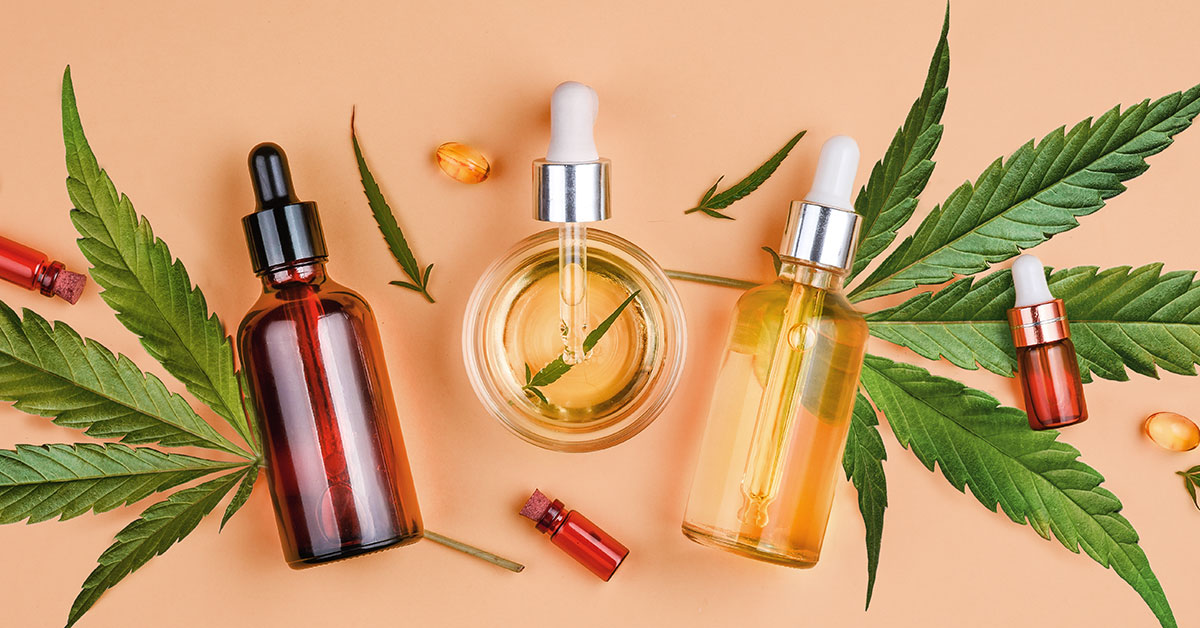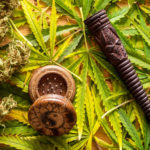Why It’s Important to Learn About CBD Information


Why It’s Important to Learn About CBD Information
Interest in CBD has been increasing at a steady pace in recent years. With more parents are opting to give their children medicinal marijuana for seizure problems, more parents are turning to CBD as a viable alternative. What is CBD? Cannabidiol is an amino acid found in hemp and cannabis, which has very low delta-9-tetrahydrocannabinolic acid content. It is among the many listed cannabinoids in marijuana, accounting for up to 40 percent of the entire plant's extract.
A CBD rich product is any product containing significant amounts of CBD: These can include extracts from hemp and marijuana, as well as essential oils produced from them. The two primary sources of CBD are hemp oil and hemp seed, with other products including CBD capsules and CBD lotion. Today, CBD supplements are gaining popularity among consumers who want to increase the amount of CBD they get in their body. These supplements are popular because they provide a natural alternative to pharmaceutical drugs.
So what is CBD and why should we care?
While there is no evidence showing that CBD does cause addiction or other negative side effects, CBD can still be helpful to those who are dealing with certain conditions related to other medicines such as THC or heroine. These are primarily because CBD is a partial CBDA (Cannabidiol Adverse Effects Treatment) mimetic; meaning it inhibits the production of certain brain chemicals called dopamine and GABA (gamma-aminobutyric acid). This may explain why CBD can help alleviate the effects of chemotherapy, seizures, and nausea associated with chemotherapy treatments.
In fact, the CBD is the most powerful medicinal ingredient available in humans today that has the ability to reduce seizures and improve quality of life for hundreds of thousands of individuals diagnosed with diseases related to neurologic disorders.
1. To date, research has been conducted on the entire range of CBD sources, including CBD oil, CBD capsules, CBD syrup, and extracts from cannabis.
2. These tests have shown that CBD provides a wide range of health benefits including the following: anti-inflammatory, anti-psychotic, anti-cancer, anti-bacterial, anti-toxic, sedative, and vasodilative properties.
3. If you were to gather all the information regarding CBD and hemp, you could certainly make a very interesting book.
4. That's because the combination of these three chemical compounds found in cannabis, CBD, and hemp lead to a unique set of traits that make these three plant compounds ideal for creating cosmetics, medications, oils, and dietary supplements.
When used in topical creams and lotions: CBD provides a level of safety and naturalness that most pharmaceuticals and over-the-counter remedies do not. The highest concentrations of CBD are found in raw cannabis plant material, therefore supplementing your diet with raw CBD would be a good idea. But because CBD is not psychoactive like other substances derived from cannabis, it is not considered an illegal drug. Therefore, you will not see laws cracking down on companies distributing raw CBD, because under the law it is a dietary product and not a controlled substance.
While consuming CBD does not produce: a high like those found in pharmaceuticals, nor does it cause the same level of intoxication as some illicit substances, there have been reports of serious side effects, including hallucinations, memory loss, seizures, difficulty breathing, nausea, abdominal pain, convulsions, coma, death, and liver damage. Since CBD is not an addictive substance and serves primarily as an anticonvulsant, it poses little risk of addiction. However, the lack of a true addiction is what makes CBD especially concerning because it is this lack of a true physical addiction that makes the possibility of abuse extremely easy.
The potential dangers of CBD is what has made it one of the hottest topics in natural health circles recently.



